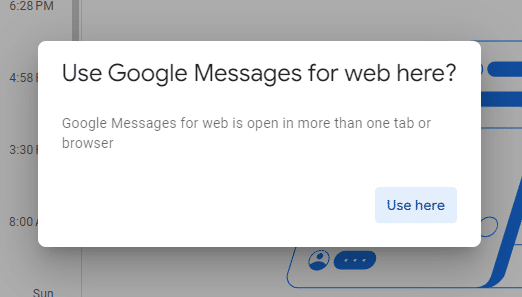In an effort to help me keep up with everything I post each week, here is my latest “Sunday Summary” of my posts from the week.
Mon, June 3: A Brave new browser
In an attempt to slowly de-Google my life, I’ve moved from Chrome to Brave for my daily browsing, and it was a pretty easy move.
Tue, June 4: Do your years of experience matter?
Having experience can be helpful, but it quickly becomes less helpful if you’re just going through the motions year after year.
Wed, June 5: Consolidating my messages with Beeper
I’d heard about this app before, but just now finally gave it a try. Wow, it’s great!
Thu, June 6: The step between an event and a reaction
A slow response is often the best one.
Fri, June 7: Where Google’s downfall began
An old quote from Jeff Bezos helps explain why Google is struggling so much lately.
Sat, June 8: Grateful in the macro and the micro
It’s great to be grateful for the big things in your life, but being grateful for the small things can have an oversized impact.
I hope you found some value in this. If you ever have questions, ideas, or disagreements regarding anything I write, please don’t hesitate to reach out.

